One of America’s weaknesses is a tendency to move off a topic as soon as it becomes uncomfortable. We’re not known as a nation for deep reflection, often failing to learn the deeper lessons an experience affords and thus dooming ourselves to repeat it.
We’ve all heard a million times that we have “the most powerful military in the world.” We certainly have the largest. And the most expensive. But do we have the most powerful one, really? It’s painful but important to remind ourselves that we’ve now lost three wars in a row.
The war in Vietnam? It should never have been fought. The war in Iraq? It should never have been fought. The war in Afghanistan? A different story, because given 9/11 there was a reason to go in there originally. But the 20-year war we waged in Afghanistan turned out to be a spectacular failure, with the Taliban back in power within days of our departure. We are making a terrible mistake if we don’t at least try to understand what went wrong.
After the deaths of almost 2,500 American soldiers, thousands of coalition forces dead, thousands more Americans whose lives will forever be painfully affected, the deaths of tens of thousands of Afghans, and a cost of 2.3 trillion dollars (2 trillion of which went directly to defense contractors), surely we must ask, “What happened here?”
Yet who, exactly, is going to ask that? We shouldn’t leave the analysis of the war to the same people who did such a terrible job waging it. Yet that’s currently what’s happening. Congress is calling the military brass to Capitol Hill to explain what happened, but it’s largely the same performative exercise with which they provided so-called Congressional oversight of the war for the last 20 years.
On September 28th, Secretary of Defense Lloyd Austin told Congress this about Afghanistan: “We built a state but we could not forge a nation.” That very sentence - so false, and so full of arrogance - encapsulates the ugliness of American hubris. No, we did not “build a state” in Afghanistan; we built and enabled a corrupt, undemocratic government there. And no, we didn’t need to “forge a nation;” Afghanistan has been a nation for thousands of years! Whatever clever wordsmith over at the Defense Department came up with that line for the Secretary’s speech should be ashamed.
So to expect any deep reflection, radical truth-telling or meaningful analysis from our war planners - military, Congressional or executive - is naive. If they even knew what really went wrong, they might have done things differently to begin with.
And if Congress was really interested in getting to the bottom of it? They would be calling George W. Bush, Barack Obama and Donald Trump to come in and answer a few questions as well. But they won’t, of course, because to do so would disrupt the illusion that our government has control over our war machine. Sadly, it’s the other way around. Even after all the death, and all the horror, it’s essentially business as usual in Washington.
Routing the Taliban from Afghanistan originally was an exercise in brute force at which we succeeded. But keeping them out - and helping the Afghans keep them out - was something that required skills not currently in America’s tool box. If anything, we proved the ultimate futility of endless violence. We waged war, but we failed miserably at providing the conditions for a sustainable post-war state of peace. In the end, that means we failed completely.
Today’s podcast is called THE WAR IN AFGHANISTAN: An Effort to More Deeply Understand. It is compiled from interviews I conducted over the last few weeks, with various voices providing meaningful reflections on the war.
On Afghanistan, as on so many issues, it’s imperative that we push against the grain of shallow and ultimately meaningless narrative that dominates our politics. I hope you’ll take the time to listen very carefully to this important podcast, produced brilliantly by Jon Ehrens. I’m grateful to Sarah Chayes, Laura Jedeed, Zainab Salbi, Tom Freston, Joe Cirincione, and Obaidullah Baheer for sharing their experiences and insights.
Let’s join in an effort to more deeply understand this American, and Afghan, tragedy. My greatest hope is that out of something truly terrible there will arise something truly wise.

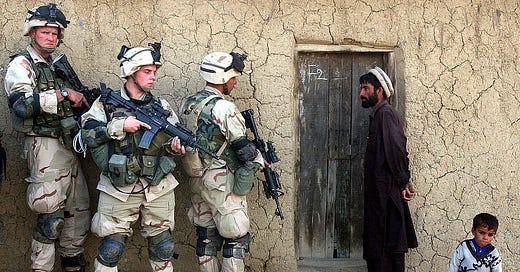




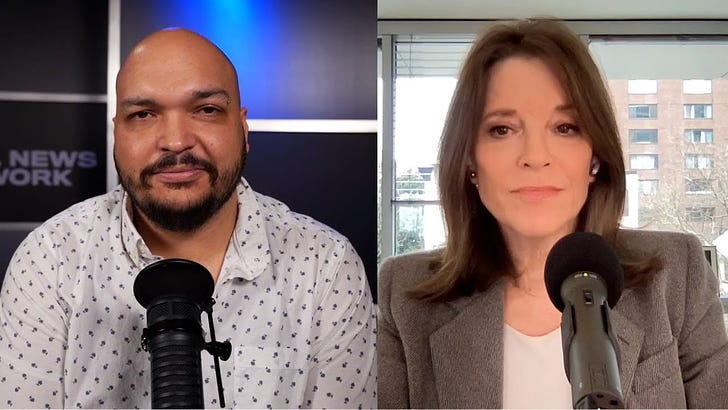

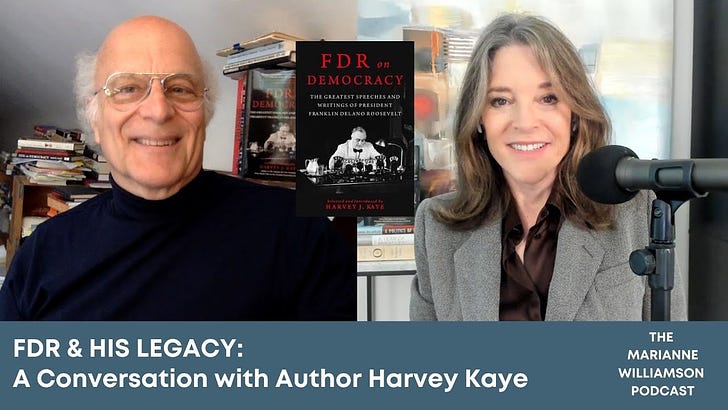
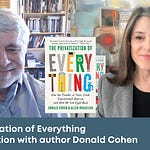
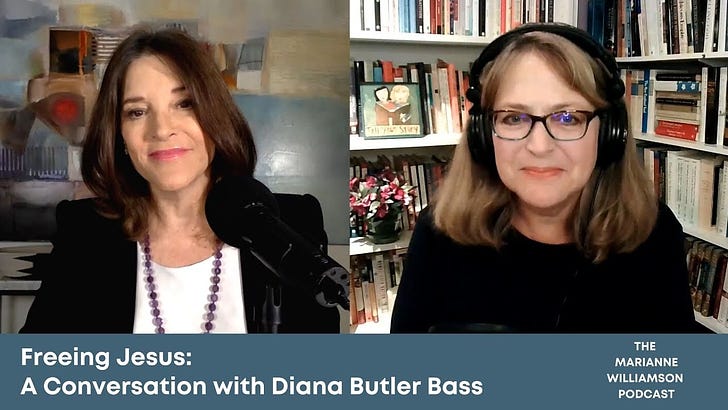

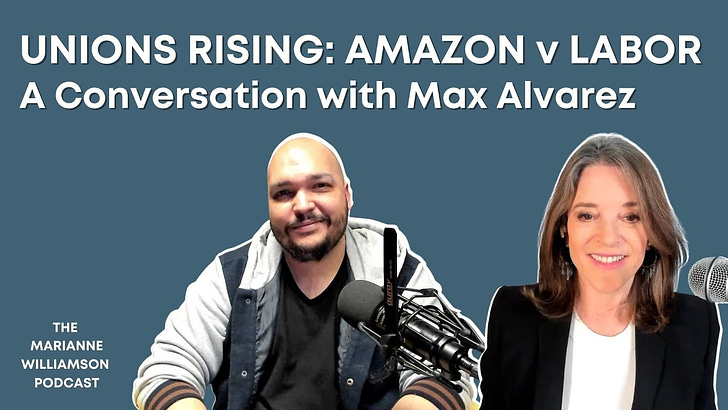

Share this post